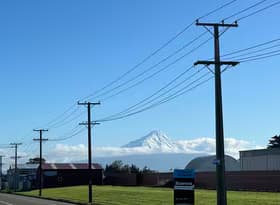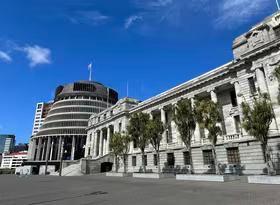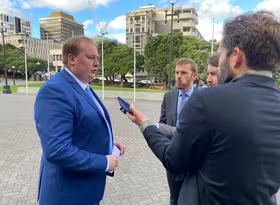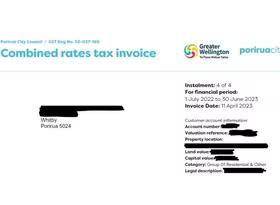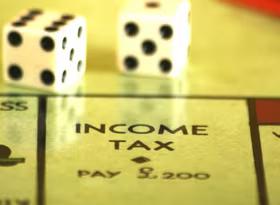
Chart of the Month: Return of full fuel tax adds 28.5c/L to petrol price
The full fuel excise duty returned on 1 July 2023, which provisionally added 28.5c/L to the domestic price of regular petrol. However, the price of regular petrol was still 53c/L lower than this time last year, as the substantial decline in fuel prices since July 2022 means prices are sharply down even though the fuel tax is no longer discounted.
15 months later, the full fuel excise duty returns
The fuel excise duty was reduced by 25c/L (28.5 c/L including GST) in March 2022 as part of a package of temporary measures to provide relief for households struggling with the cost-of-living crisis. The reduction was extended several times, but the full fuel excise duty was finally reintroduced on 1 July 2023, more than 15 months after the fuel tax reduction was first announced.
After spiking due to the Russian invasion of Ukraine, the price of regular petrol in New Zealand peaked in early July 2022, at $3.16/L. The fuel excise duty reduction was in full effect at this point, meaning without the discounted fuel tax, the price of regular petrol could have reached $3.45/L.
By the end of June 2023, regular petrol prices had fallen to $2.35/L, a 26% decline from the peak in early July of 2022. The reinstatement of the full fuel excise duty from 1 July lifted the price of regular petrol in the first week of July, with provisional data from MBIE indicating an increase of around the full amount of 28.5c/L, meaning prices were 12% higher than the previous week.
Chart 1 shows weekly fuel prices since 2019, sourced from MBIE’s weekly fuel price monitoring data.
Chart 1 shows the spike in regular petrol prices caused by the return of the full fuel excise duty in the first week of July. However, despite this increase, petrol prices remain 17% lower than in July 2022.
The substantial decline in fuel prices since July last year should provide some relief for households who are struggling with persistently high inflation and higher interest rates. However, fuel prices remain highly elevated on pre-pandemic levels, with the price of regular petrol in the first week of July still 125% higher than the average price over 2019.
Outlook for fuel prices remains flat
The ongoing global battle against inflation continues to contribute to higher uncertainty in oil futures markets. Market expectations fluctuate as inflation data and central banks around the world respond with policy rate decisions which change market interest rates.
Like New Zealand, many countries around the world seem poised for a period of slower economic growth over the next 12-18 months, and this more limited economic activity is expected to limit global oil demand, which should weigh on prices. However, higher input costs and lower investment in hydrocarbons pose an upside risk to oil prices, and could mean prices stabilise at their recent elevated levels.
Our forecasts of domestic fuel prices are regularly updated and form part of a suite of Infometrics Forecasts. Please get in touch for more information.









